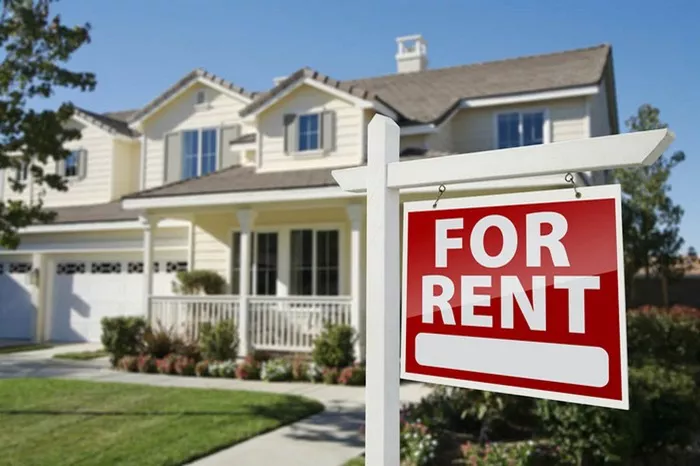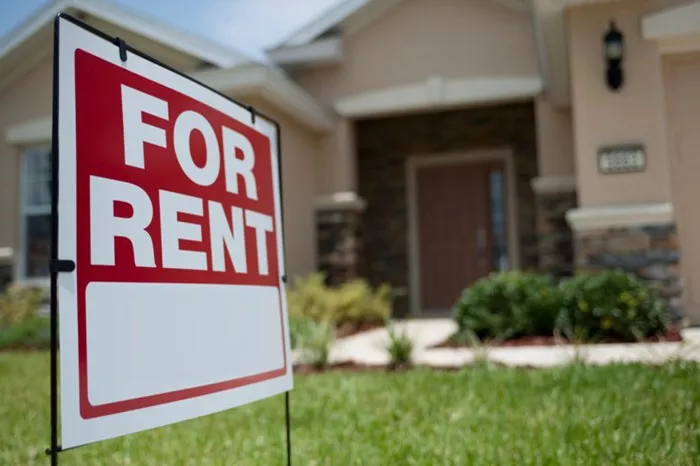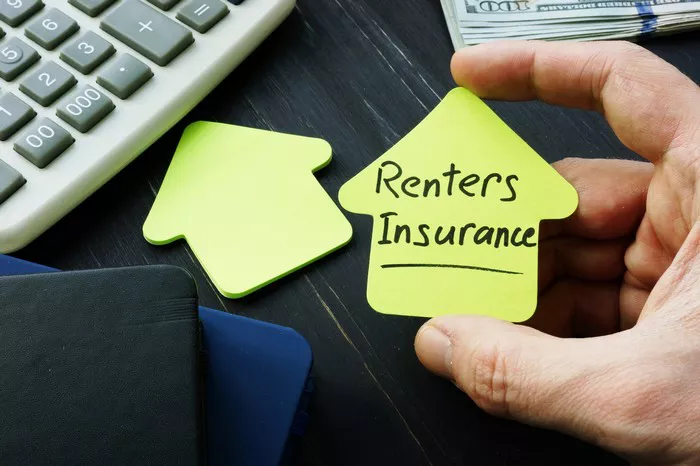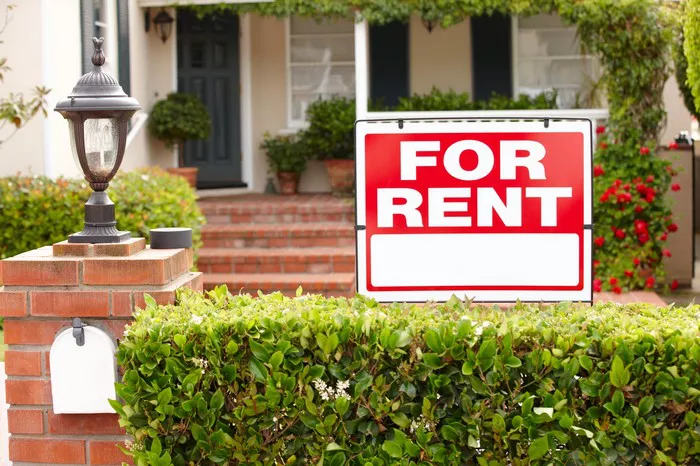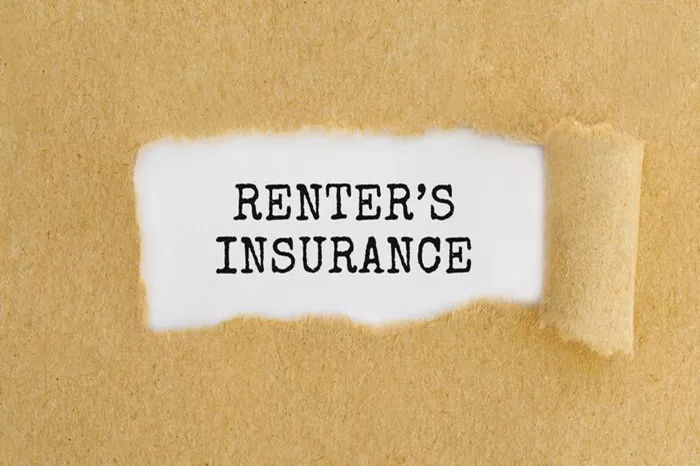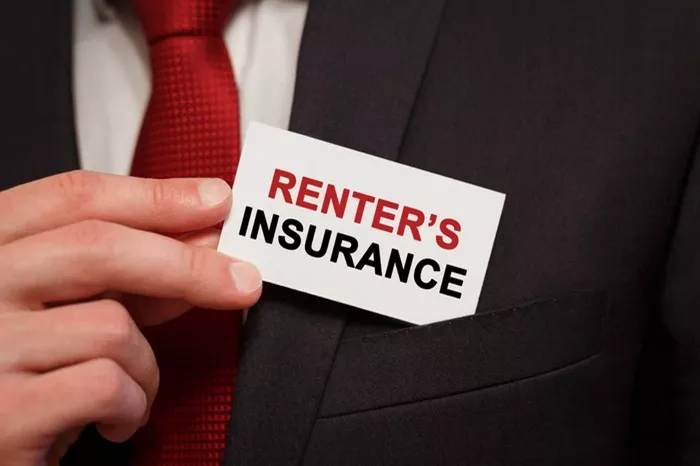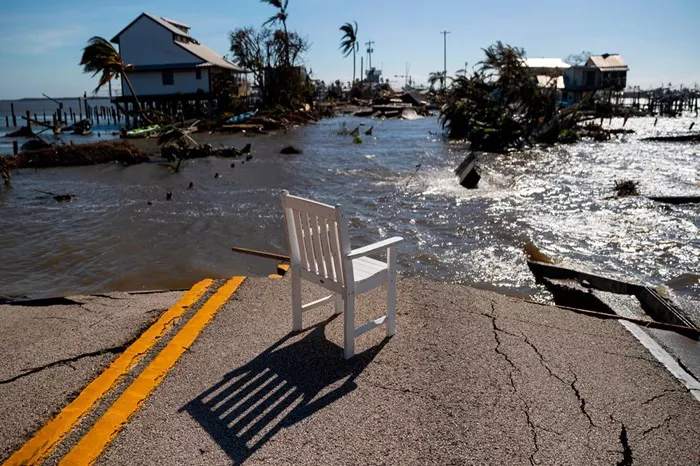Renters insurance provides crucial financial protection for tenants against various risks. One of the essential components of renters insurance is personal liability coverage, which safeguards policyholders from legal and financial consequences if they are held liable for injuries or property damage to others. Understanding what personal liability renters insurance covers can help renters make informed decisions about their insurance needs.
Understanding Personal Liability Renters Insurance
Personal liability coverage is designed to protect renters from liability claims made against them by others. This coverage typically applies to incidents that occur within the rented property or even outside, depending on the policy’s terms. It can help cover legal fees, settlements, and judgments up to the policy’s limits if the renter is found responsible for causing bodily injury or property damage to others.
Key Coverage Areas
Bodily Injury: Personal liability renters insurance covers medical expenses if someone is injured on your rented property. This includes incidents such as slip-and-fall accidents, dog bites, or injuries sustained during social gatherings.
Coverage extends to medical bills resulting from injuries sustained by guests or visitors.
It also includes legal defense costs if the injured party decides to sue.
Property Damage: If you accidentally damage someone else’s property, personal liability coverage can help cover the repair or replacement costs. Common scenarios include accidentally breaking a neighbor’s window or causing water damage to a neighboring apartment.
Coverage also includes damage caused by your pets to someone else’s property.
Legal Expenses: Renters insurance often covers legal expenses, including attorney fees and court costs, if you are sued for a covered incident. This coverage is crucial as legal fees can be substantial, even if you are not found liable.
The policy typically covers costs associated with defending yourself in court.
Additional Living Expenses: Some policies may include coverage for additional living expenses if you are temporarily unable to live in your rented property due to a covered loss. This can include hotel bills, meals, and other necessary expenses.
Coverage usually applies when your rented property becomes uninhabitable due to a covered event.
Exclusions and Limitations
While personal liability renters insurance provides broad coverage, it’s essential to be aware of its limitations and exclusions:
Intentional Acts: Coverage generally does not apply if you intentionally cause harm to someone or damage their property.
Business Activities: Liability coverage usually excludes incidents related to business activities conducted from your rented property.
Motor Vehicles: Damage caused by motor vehicles owned or operated by the renter is typically excluded from coverage.
High-Risk Pets: Some insurers may exclude liability coverage related to certain breeds of dogs or animals considered high-risk.
Choosing the Right Coverage
When selecting personal liability renters insurance, consider the following:
Coverage Limits: Ensure the policy’s liability limits are adequate to protect your assets in case of a lawsuit.
Additional Coverage Options: Some insurers offer umbrella policies that provide additional liability coverage beyond the limits of standard renters insurance.
Review Policy Exclusions: Understand what incidents are not covered by reading the policy’s exclusions carefully.
See Also: What Happens When You Have No Renters Insurance
Conclusion
Personal liability renters insurance is a vital component of renters insurance policies, providing financial protection against liability claims for bodily injury and property damage. Understanding the coverage offered can help renters make informed decisions when selecting insurance policies that best suit their needs and circumstances.
FAQs
1. Does personal liability renters insurance cover incidents outside my rented property?
Yes, personal liability renters insurance typically covers incidents that occur both inside and outside your rented property. For example, if your dog bites someone while you’re walking in the park or you accidentally damage someone else’s property outside your rental unit, your policy may provide coverage. However, coverage limits and specific scenarios covered can vary, so it’s essential to review your policy for details.
2. Are legal expenses covered if I’m sued for a liability claim?
Yes, personal liability renters insurance often covers legal expenses associated with defending yourself in court if you’re sued for a covered incident. This can include attorney fees, court costs, and other legal expenses up to the limits of your policy. Legal defense coverage is crucial as legal fees can be substantial, even if you’re ultimately not found liable for the damages claimed.
3. Are there any exclusions to personal liability renters insurance coverage?
Yes, while personal liability renters insurance provides broad coverage, there are exclusions and limitations. Common exclusions may include intentional acts, such as deliberately causing harm to someone or their property, business activities conducted from your rented property, and damage caused by motor vehicles owned or operated by you. It’s important to carefully review your policy to understand what specific incidents may not be covered.
4. Does personal liability renters insurance cover damage caused by my pets?
Yes, personal liability renters insurance typically covers damage caused by your pets to someone else’s property. For instance, if your dog damages a neighbor’s furniture or your cat scratches a visitor, resulting in medical expenses, your policy may help cover the costs. However, coverage for certain breeds of pets or animals with a history of aggression may be excluded, so it’s advisable to check your policy for specific details regarding pet-related coverage.
5. How do I determine the right amount of personal liability coverage I need?
The amount of personal liability coverage you need depends on factors such as your assets and potential exposure to liability risks. It’s recommended to consider your financial situation and the potential costs of legal defense and liability claims. Insurance experts often suggest choosing liability limits that are sufficient to protect your assets in case of a lawsuit. Some renters may opt for additional umbrella liability coverage for extra protection beyond the limits of their standard renters insurance policy.
6. Does personal liability renters insurance cover my roommate or family members living with me?
Personal liability renters insurance generally extends coverage to include your immediate family members living with you, such as a spouse or children. Some policies may also cover roommates listed on the policy. However, it’s important to review your specific policy terms as coverage can vary between insurance providers.
7. What happens if someone is injured on my rented property?
If someone is injured on your rented property due to your negligence, personal liability renters insurance can help cover their medical expenses. This includes incidents like slip-and-fall accidents or injuries sustained during social gatherings. The policy may also cover legal defense costs if the injured party decides to sue you for damages.
8. Does personal liability renters insurance cover damage caused by water leaks or fires in my rented unit?
Personal liability renters insurance typically does not cover damage to your own personal belongings or the structure of your rented unit. However, if your negligence causes a fire or water leak that damages neighboring units or another person’s property, your liability coverage may help cover the costs of repairs or replacements.


